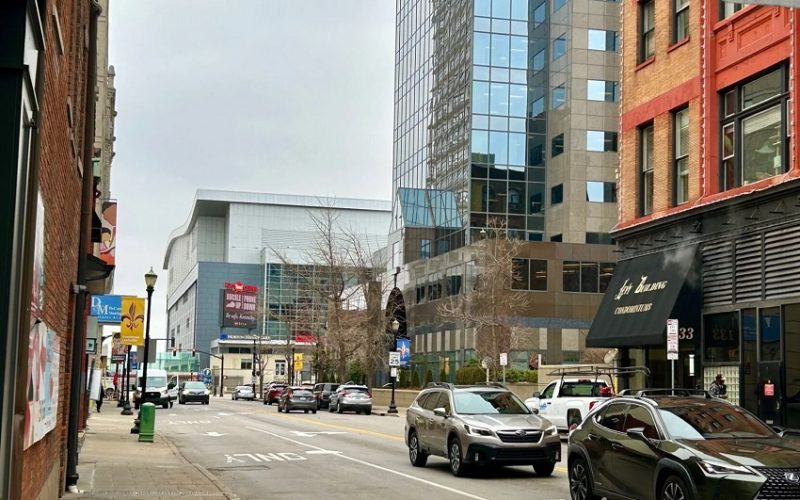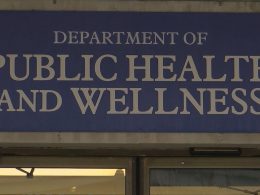LOUISVILLE, Ky. – Louisville is taking significant steps to tackle the growing issue of speeding on its streets, with the introduction of its first Speed Management Plan. The initiative, which aims to contribute to the city’s ambitious goal of zero roadway deaths by 2050, is drawing on community feedback and data-driven strategies to shape the future of road safety.
A survey conducted by the city saw more than 1,400 participants share their concerns, with 85% of respondents agreeing that more should be done to combat speeding. The results will play a crucial role in guiding the Speed Management Plan, which will involve potential changes to street designs, policies, and enforcement practices.
One of the key components of the plan is the use of crash data and population density as factors in determining appropriate speed limits. This method aims to set limits based on real-world conditions, improving the overall safety of the roadways. In addition, the plan calls for consistent placement of speed limit signs across the city to ensure clarity and reduce confusion among drivers.
A notable proposal within the plan is the introduction of automated speed enforcement, a system that would electronically monitor and record the speed of vehicles. However, this technology is currently not permitted under Kentucky state law. To address this barrier, a new piece of legislation—House Bill 664—has been filed during the current legislative session. If passed, the bill would allow automated speed enforcement in road work zones as part of a five-year pilot program, potentially paving the way for broader implementation in the future.
As the plan takes shape, Louisville’s commitment to reducing speeding and ultimately achieving zero roadway deaths by 2050 remains a top priority for city officials and residents alike. With the support of the community and data-driven strategies, the city is hoping to create safer streets for all.











